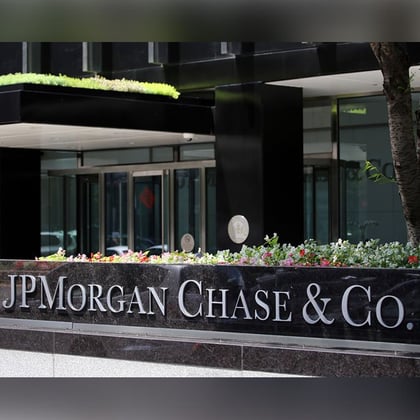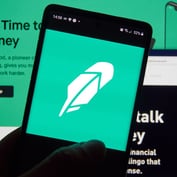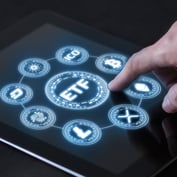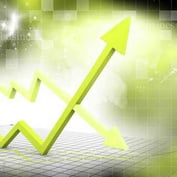What You Need to Know
- Last week, former JPMorgan employee Michael Nowak was convicted on 13 counts and now faces the prospect of decades in prison.
- The Justice Department’s move against the bank's most senior bullion bankers was celebrated in some corners of the gold and silver markets, where investors and bloggers have long accused the bank of a large-scale scheme to manipulate prices lower.
- JPMorgan has already paid $920 million to settle spoofing allegations against it.
In December 2018, a man in his early 30s was intercepted on arrival at Fort Lauderdale airport and taken to a room where two FBI agents sat waiting.
The target was scared and already on high alert — one of his associates had recently admitted to crimes he knew he’d also committed. Christian Trunz wasn’t a terrorist or a drug trafficker, but a mid-level trader of precious metals returning from his honeymoon. Crucially: he was also a longstanding employee of JPMorgan Chase & Co., the biggest bullion bank.
The FBI’s airport ambush described by Trunz was a crucial step in the pursuit by U.S. prosecutors of JPMorgan’s precious metals desk, leading up to last week’s climax — the conviction on 13 counts of the man who was once the most powerful figure in the gold market, the desk’s former global head Michael Nowak.
Watched with a mixture of fascination and horror by precious metals traders around the world, the case has shone a light on how JPMorgan’s traders — including Nowak and the bank’s long-time lead gold trader Gregg Smith — for years allegedly manipulated markets by placing bogus orders designed to wrongfoot other market participants, principally algorithmic traders whose high-speed activity became a major source of frustration.
Nowak has become one of the most senior bankers to be convicted in the U.S. since the financial crisis, and faces the prospect of decades in prison, although it could be far less.
Nowak’s lawyers contend Nowak wasn’t a “criminal mastermind” and said they will “continue to vindicate his rights in court.” A lawyer for Smith said during closing arguments last month that his client’s orders were legitimate, and there are other explanations to buy and sell futures contracts at the same time on behalf of customers.
It took three weeks in court for the government to persuade a jury of Nowak and Smith’s guilt. (Jeffrey Ruffo, a salesman who was tried with them, was acquitted.)
‘Spoofing’ Whispers
But whispers of spoofing had hung over JPMorgan’s trading desk for at least a decade — many years before the FBI first approached Trunz in 2018.
Alex Gerko, the head of an algorithmic trading firm, complained about Smith’s activity in the gold market as early as 2012 to CME Group Inc., which owns the futures exchanges where the U.S. alleged thousands of spoof trades took place. But Smith and Nowak continued working at the bank until 2019, when the U.S. unsealed charges against them.
“The wheels of justice are moving, slowly,” Gerko tweeted last month.
At the Justice Department, the road to JPMorgan began with a decision to begin hunting down traders who made bogus offers to buy and sell commodities that they never intended to execute. The criminal fraud unit hired data consultants to go through billions of lines of trades to spot patterns of market manipulators.
As the vast quantities of data was scrutinized, there were certain traders that stood out. And they worked at JPMorgan.
With the data in hand, investigators went looking for cooperators, which they found in Trunz and his former colleague John Edmonds. Both relatively junior traders pleaded guilty to their own misconduct and agreed to testify against the desk’s boss.
Nowak was arrested in September 2019, sending a shock wave through the metals world, but the Covid pandemic meant it would be another three years until the trial finally took place.
In his testimony, Edmonds, who’d started in an operations role at JPMorgan, described spoofing on the desk as a daily phenomenon and felt obliged to take part because it was part of the normal strategy.
Multiple Investigations
The Justice Department’s move against JPMorgan’s most senior bullion bankers was celebrated in some corners of the gold and silver markets, where investors and bloggers have long accused the bank of a large-scale scheme to manipulate prices lower.
Those allegations prompted multiple investigations by the Commodity Futures Trading Commission, the most recent of which was closed in 2013 after finding no evidence of wrongdoing.








 August 15, 2022 at 08:00 AM
August 15, 2022 at 08:00 AM












 Copyright © 2024 ALM Global, LLC. All Rights Reserved.
Copyright © 2024 ALM Global, LLC. All Rights Reserved.